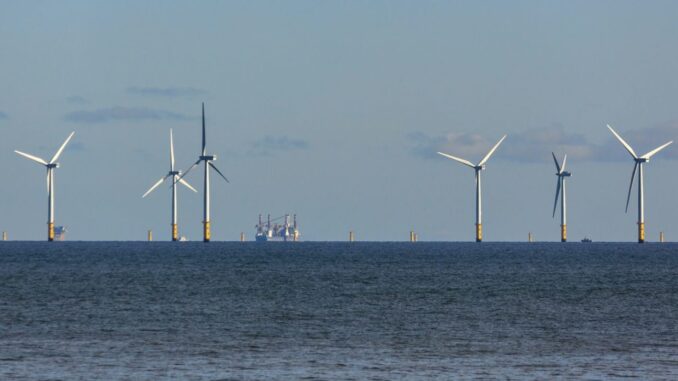
HIGHLIGHTS
Shell ratchets up pressure following unplanned 25% levy
Reliefs don’t extend to renewables investment, Shell notes
Shell a major North Sea investor with projects in pipeline
Shell May 27 warned the UK’s new ‘energy profits levy’ on North Sea oil and gas producers undermined the certainty needed to ensure investment in future supply while failing to support the government’s energy transition goals.
Intensifying a row over the government’s unscheduled 25% levy on the industry, announced May 26 and described by some as a ‘windfall’ tax, Shell took the step of issuing an “additional”, tougher response.
“We understand the worry for millions of people about how high energy costs are challenging their household budgets and the need for support to help make ends meet. But at the same time, we must sustain investment in securing supplies of oil and gas the UK needs today, while allocating future spend for the low-carbon energies we want to build for the future,” a Shell spokesperson said.
“In its current form the levy creates uncertainty about the investment climate for North Sea oil and gas for the coming years. And longer term the proposed tax reliefs for investment do not extend to the renewable energy system we want to drive forward in the UK and invest in very substantially.”
“When making plans for the next decade and beyond, we need certainty,” the spokesperson said.
Shell, which has major investments underway in the North Sea, had earlier issued a more accommodating response to UK finance minister Rishi Sunak’s announcement, describing planned reliefs for investment spending as a “critical principle”.
However, the announcement was already condemned by industry body Offshore Energies UK as likely to “drive away” investment, with critics noting the government’s vagueness on how long the measure would be in force.
Statistics issued May 26 underlined ongoing steep decline in North Sea production, with oil output down 11% in the first quarter 2022 compared with a year earlier, at 900,000 b/d, including natural gas liquids.
Shell holds stakes in major West of Shetland oil fields and has been developing gas production sources for feeding Scottish petrochemical facilities.
It is also awaiting final regulatory approval for the Jackdaw field development in the North Sea, and has been evaluating a possible development of the West of Shetland Cambo oil field.
The UK major is also the biggest backer of the proposed Acorn carbon, capture and storage project in eastern Scotland, as well as a partner in the Northern Endurance Partnership CCS project in northeast England.
The Dated Brent crude benchmark, underpinned by North Sea production, was assessed at $118.69/b on May 26, up more than 50% since the start of the year.
The UK Treasury did not immediately respond to a request for comment.
Source: Spglobal.com



